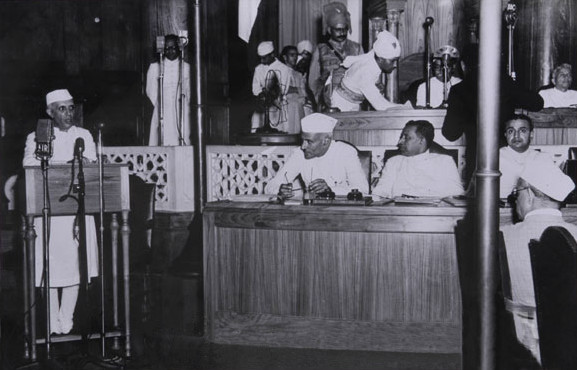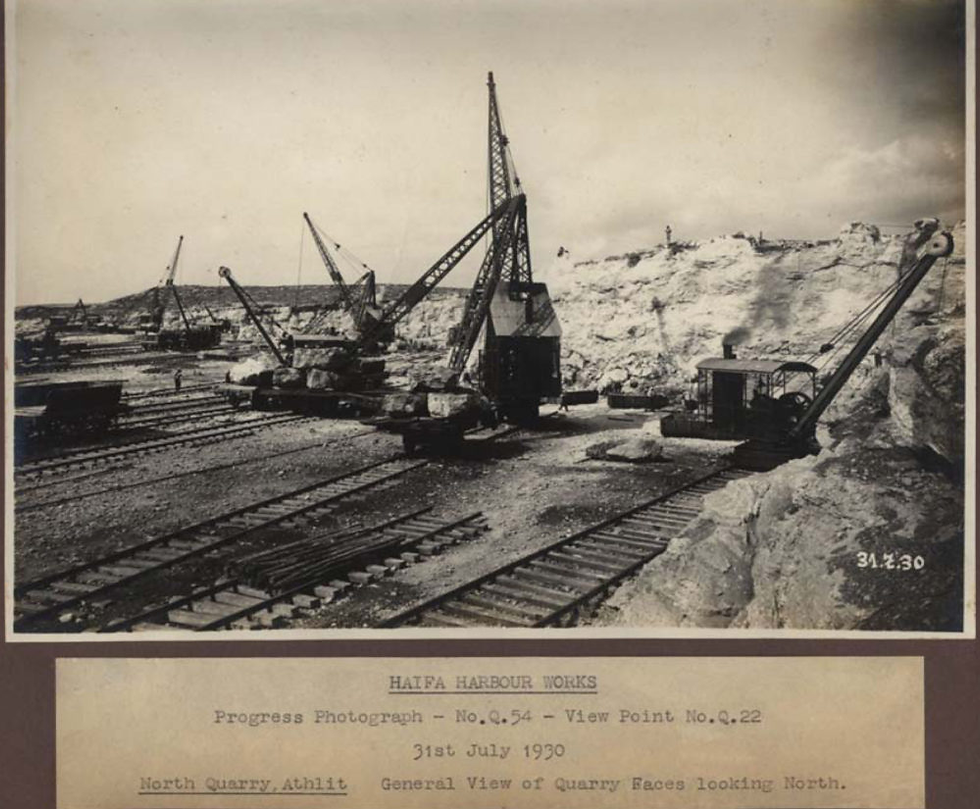The Week of August 10
- Nir Topper

- Aug 15, 2025
- 4 min read
"The past is never dead. It's not even past" – William Faulkner

The founding of the Neve Tzedek neighborhood, August 14, 1887 Forty-eight Jewish families from Jaffa, led by Shimon Rokach, established the Neve Tzedek neighborhood outside the city walls. It was the first official Jewish neighborhood built outside of Jaffa, and it formed the nucleus from which the city of Tel Aviv later grew.
Image: The Suzanne Dellal Center, Neve Tzedek
A thought: They left the overcrowding of Jaffa to build a spacious neighborhood. It's ironic that this very nucleus gave rise to the stunning Tel Aviv.
For further reading: Neve Tzedek

The Atlantic Charter Declaration, August 14, 1941 U.S. President Franklin D. Roosevelt and British Prime Minister Winston Churchill met secretly aboard a warship and issued the "Atlantic Charter." The document outlined their vision for a post-World War II world and included principles such as the right of self-determination for all peoples, which later influenced the founding of the United Nations.
Image: Roosevelt and Churchill aboard the HMS Prince of Wales.
A thought: Churchill signed a document promising "self-determination" for all peoples, likely thinking that India or Kenya were 'not included' in this definition. Some of the greatest historical decisions were born from selective interpretation.
For further reading: Atlantic Charter

The surrender of Japan and the end of World War II, August 15, 1945 Six days after the atomic bomb was dropped on Nagasaki, Emperor Hirohito of Japan announced his country's unconditional surrender to the Allies. This announcement brought an end to World War II, the deadliest war in human history.
Image: Mamoru Shigemitsu, the Japanese Foreign Minister, signs the Japanese Instrument of Surrender under the supervision of U.S. Army General Richard Sutherland.
A thought: The academic debate over the bomb continues: did it ensure 80 years of 'long peace' among the great powers due to the balance of terror, or did it simply hold humanity hostage, one mistake away from annihilation?
For further reading: Surrender of Japan

The independence of India and the partition of the subcontinent, August 15, 1947 The British Raj in India came to an end, and the subcontinent was partitioned into two independent states: the Hindu-majority India and the Muslim-majority Pakistan. The partition led to one of the largest and most violent population migrations in history and serves as a tragic case study of decolonization and national division.
Image: Jawaharlal Nehru delivering his "Tryst with Destiny" speech on the eve of India's first Independence Day.
A thought: Just three months before the UN voted on the partition plan for Palestine, the world watched a live broadcast of the possible consequences of drawing borders on a map.
For further reading: Independence Day (India)

The construction of the Berlin Wall, August 13, 1961 East German communist authorities began constructing a barbed-wire fence, which quickly became a concrete wall, separating East and West Berlin. The wall became the most potent symbol of the "Iron Curtain" and the Cold War.
Image: The location of Berlin deep inside former Soviet-controlled East Germany.
A thought: The Western powers (USA, UK, and France) had access to West Berlin—a Western enclave in the heart of East Germany—through agreed-upon access routes established in agreements with the Soviet Union after World War II. The principles were:
Three air corridors – Three air corridors, each 20 miles (32 km) wide, were established, connecting West Berlin to West German territory. Western aircraft were permitted to fly in them freely.
A single railway line and one road route – Land access was maintained by agreements, but in practice, the Soviet Union physically controlled them, allowing it to impose restrictions.
Military supervision – All access was kept under a supervisory regime, including Soviet checks. The most prominent example of the importance of these access routes is the Berlin Blockade (1948–1949), in which the Soviet Union blocked all land routes to West Berlin, and the West responded with the Berlin Airlift—a massive supply operation conducted solely through the agreed-upon air corridors.
For further reading: Berlin Wall

The death of Elvis Presley, August 16, 1977 The "King of Rock and Roll," Elvis Presley, was found dead at his Graceland mansion in Memphis, Tennessee. His death at the age of 42 shocked millions of fans worldwide and symbolized for many the end of an era of innocence in music and American culture.
Image: Elvis Presley, 1957
A thought: He became the greatest symbol of rebel culture while being a quintessential product of the commercial establishment. Is every cultural revolution ultimately doomed to become a consumer product?
For further reading: Elvis Presley

The launch of the IBM Personal Computer (IBM PC), August 12, 1981 IBM launched its model 5150, its first personal computer, which achieved enormous commercial success. Its open architecture became the industry standard and accelerated the personal computing revolution worldwide.
Image: The IBM PC model 5150
A thought: A device originally designed for office calculations became the center of all our lives within a decade.
For further reading: IBM Personal Computer

The peace agreement between Israel and the United Arab Emirates, August 13, 2020 Israel and the United Arab Emirates announced the establishment of full diplomatic relations, mediated by the United States. The announcement, which led to the "Abraham Accords," marked a strategic shift in the Middle East and opened a new era of normalization with Arab countries.
Image: President Donald J. Trump, Minister of Foreign Affairs of Bahrain Dr. Abdullatif bin Rashid Al-Zayani, Israeli Prime Minister Benjamin Netanyahu and Minister of Foreign Affairs for the United Arab Emirates Abdullah bin Zayed Al Nahyan sign the Abraham Accords. Photo by Joyce N. Boghosian
A thought: The accords proved that the 'Palestinian veto' on Arab normalization with Israel was broken, and showed that shared economic and security interests can override historical conflicts.
For further reading: Israel–United Arab Emirates normalization agreement




Comments